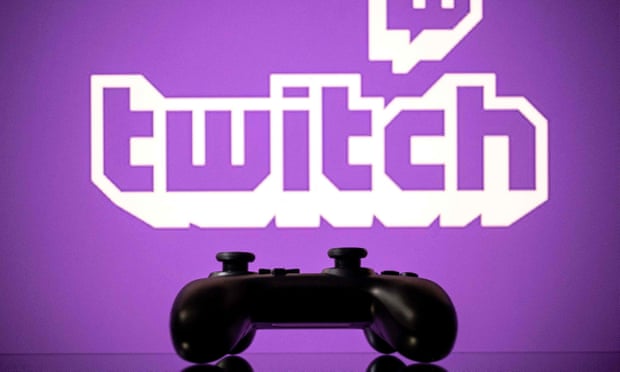Twitch, the Amazon-owned streaming site, will ban users from posting videos of themselves playing slots, roulette or dice games on unlicensed gambling sites, the company has said.
The ban, which will be effective as of 18 October, comes in the wake of a wide-ranging scandal among top-tier streamers after British streamer ItsSliker admitted to scamming other hosts out of thousands of dollars to fuel what he described as a gambling addiction.
“Gambling content on Twitch has been a big topic of discussion in the community and something we’ve been actively reviewing since our last policy update in this area,” the company said. “Today, we want to update you on our plans. While we prohibit sharing links or referral codes to all sites that include slots, roulette, or dice games, we’ve seen some people circumvent those rules and expose our community to potential harm.
“We’ll be making a policy update on 18 October to prohibit streaming of gambling sites that include slots, roulette, or dice games that aren’t licensed either in the US or other jurisdictions that provide sufficient consumer protection.”
The ban does not cover betting on sports, or poker, but it will act to limit the spread of gambling content on the streaming site, where users have long questioned the links between streamers and the gambling sites they promote.
While the site has banned users from actively referring their viewers to gambling sites, it has done little to prevent the spread of sponsored streams. In July 2021, one streamer told Wired Magazine that they could earn more than $30,000 (£26,500) an hour for sharing footage of themselves gambling.
Other streamers have had even more direct links with gambling: Richard Bengston, a member of eSports group FaZe, who owns a website that lets users gamble with CS:GO skins (in-game items that have a cash value), has said that at its peak, the site was making about $200,000 in revenue a day.
Twitch’s rule changes were apparently prompted by the revelations that ItsSliker had run a variety of financial scams against fellow streamers. In a Twitch stream over the weekend, Sliker admitted to “borrowing” money from other hosts, and said he had fallen into a gambling addiction that started with CS:GO skin betting and escalated into gambling with real money.
On the stream, Sliker said he intended to pay people back for the sums, though some of those whom he had borrowed money from shared screenshots on social media in which the streamer insisted that a variety of mishaps meant they had never received the money.
